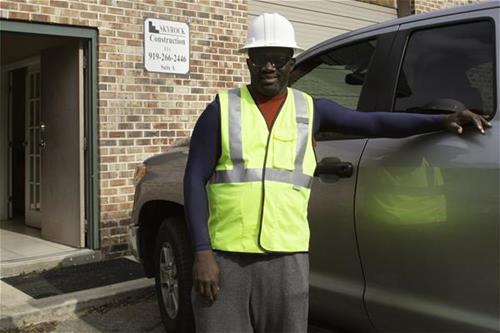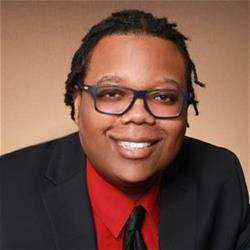I recently attended the “Capital Matters: Race, Gender and Entrepreneurship” conference held at Duke University’s Fuqua School of Business. The conference, which included many notable scholars and business leaders, was an opportunity to highlight the gaps in opportunity for various businesses, particularly those that are black-led and/or women-led, and to discuss ways to start resolving these inequities.
On the first day of the three-day conference, much of the discussion focused on research that illuminates gender and racial disparities. One point that stood out: The top 10 U.S. Fortune 500 firms each generate more in annual sales revenue than do all 2.58 million black-owned businesses, combined. Ted Archer and Chris Wheat of JPMorgan Chase conversed about private sector strategies to expand business ownership. Chris highlighted the small business research of the JPMorgan Chase Institute, while Ted explained the motivation behind the company’s Advancing Black Pathways initiative.
Day two focused on local, small-scale solutions to the high-level issues discussed on day one. Durham’s mayor, Steve Schewel, participated in a panel discussing public/private partnerships and diversity and inclusion initiatives. Additionally, a group of Black Durham entrepreneurs gave insight into their struggles in accessing capital for their ventures. It was apparent that despite the efforts of myriad stakeholders, there is a need for more ideas and solutions on how to close the racial wealth gap.

Capital in action. Nana Manso, owner of Skyrock Construction in Raleigh, NC, came to Self-Help in 2008 for a small loan to jump-start his company. We remained a lending partner as Skyrock grew, and today under Mr. Manso's leadership, Skryock is a multi-million dollar business.
And on the final day, the conference attendees took a look forward and contemplated “Where do we go from here?” David A. Thomas, president of Morehouse College, described the ecosystem and types of capital that entrepreneurs need to thrive. The closing panelists suggested that advocates and allies pursue their work on inclusion courageously, set tangible goals and be realistic about what it would take to truly close the racial wealth gap.
Here are some of my takeaways from the conference:
1. Wealth is the key to economic freedom.
- Wealth is an input, not just an outcome.
- Majority groups have benefited from having wealth as a foundation to build upon.
- Minority groups have experienced systemic efforts to destroy their wealth.
- We need to make sure there is equal opportunity for wealth accumulation.
2. Bait investors with profits, hook with impact.
- There is more money looking for returns than looking for impactful projects.
- Help your investors make money and the fact that they’re doing good will be a bonus.
3. Continuously elevate folks’ consciousness.
- We have to raise the collective consciousness on these issues in order to influence changes in policy and the status quo.
- Actions and conversations should be courageous and focus on equal process.
The conference was organized by the Samuel DuBois Cook Center on Social Equity and sponsored by JPMorgan Chase and Co.

Derek Williams is a Capital Development Associate at Self-Help. He has an MBA from the Kenan-Flagler Business School at the University of North Carolina.